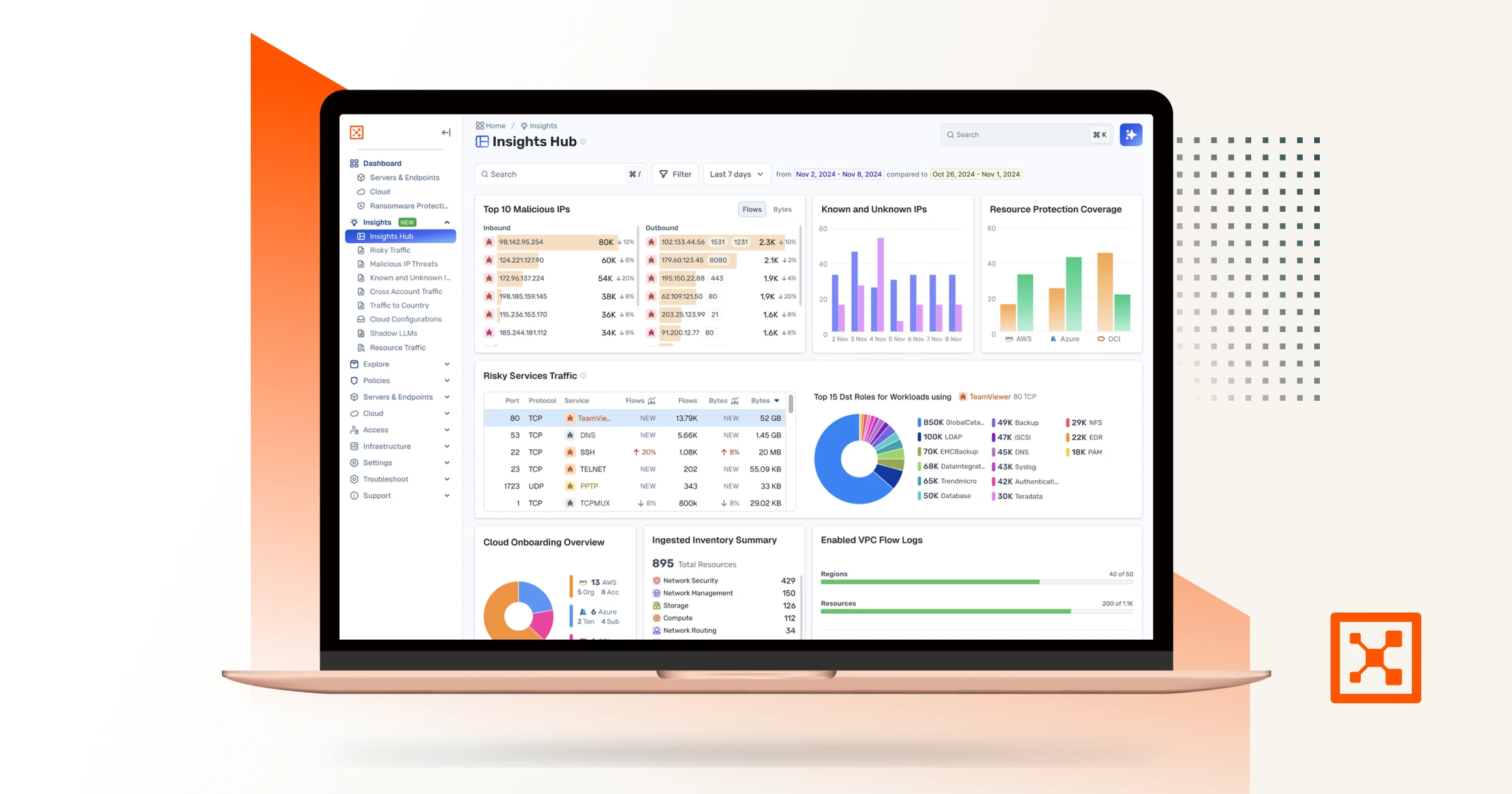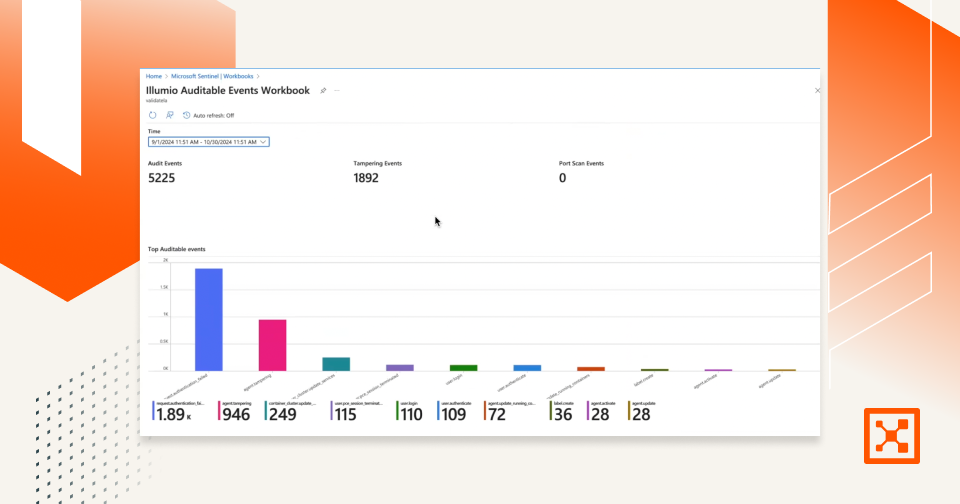Container Orchestration
Container orchestration is the automated management of containers. This allows a software team to maneuver these containers. This is done using strategic deployment, managing lifecycles, load balancing, and networking. An application consists of different microservices. One of which, the frontend, is what end-users interact with. However, in addition to the frontend, there are other microservices. These all work together to make the application function. A container orchestration platform manages each microservice of a container environment.
By utilizing container orchestration, you can decide which nodes manage the different microservices. This is done through duplicating individual microservices as needed and spreading the overall workload across different nodes. A container orchestration platform also monitors how each microservice functions. If one element of the stack malfunctions, the orchestration tool can fix the problem. It can duplicate that element and run it on another node.
For instance, if the frontend were to malfunction on one node, the container orchestration tool can run it on another one. This maintains a fluid experience for the end-users who are interacting with the front end. In this way, container orchestration enables detailed control over the microservices that power the application stack.
What Are Containers?
Containers package all the necessary files for an individual application into one place. This includes any libraries, code, and databases needed to run that particular software. Containing all these elements in one place has many benefits:
- Efficiency: When a microservice is packaged in a container, it reduces the effort needed to deploy or update the application. Developers can break up large solutions into smaller microservices. These can then be worked on independently of each other without disrupting the entire application.
- Multiple Environments: The standardized packaging of application components makes it possible to run a container on several platforms. This means developers can write code once and then run it on the OS of their choice. With a traditional approach to coding, the initial code had to be modified for different operating systems. Containers, however, eliminate this need.
- Scalability: Multiple containers can be supported on a single infrastructure. This enables them to handle an increased volume of work. They are lightweight so they are easy to start and stop. This allows for rapid scaling—up or down.
Benefits of Container Orchestration
There can be anywhere from hundreds to thousands of individual containers within a system. All of these need to be organized and configured. Orchestration gives you an automated program that controls the containers. This makes the software development process more manageable. Container orchestration can help to realize the full benefits of containers. They allow for:
- Cloud migration: Many organizations are migrating their systems to the cloud. With container orchestration, the company’s existing applications can be transplanted into the cloud. This can be done without having to change any coding.
- Efficient management: Having many applications to manage can get complex. Using container orchestration enables a development team to manage a complex system of containers with efficiency.
- Scalability. With container orchestration, you can strategize how you manage your resources. This gives you the ability to better control what each executable task uses. You can also manage each processes’ impact on the platform. With this control, you can scale without impacting the end-user’s experience.
Container Orchestration and Hybrid Deployments
Container orchestration makes deployment in a hybrid environment easier. A container orchestration tool allows the DevOps team to focus on only the language used within the tool. This is because the cloud-specific language is abstracted. This removes a level of complexity from the DevOps process. As a result, it streamlines the development of applications.
With container orchestration, you can optimize the management of a container-based infrastructure. This enables more seamless cloud migration. It also facilitates automated container deployment and scaling. Also, container orchestration streamlines hybrid deployments. Container orchestration makes it easier and faster to deploy applications.
.png)

%20(1).webp)

.webp)







